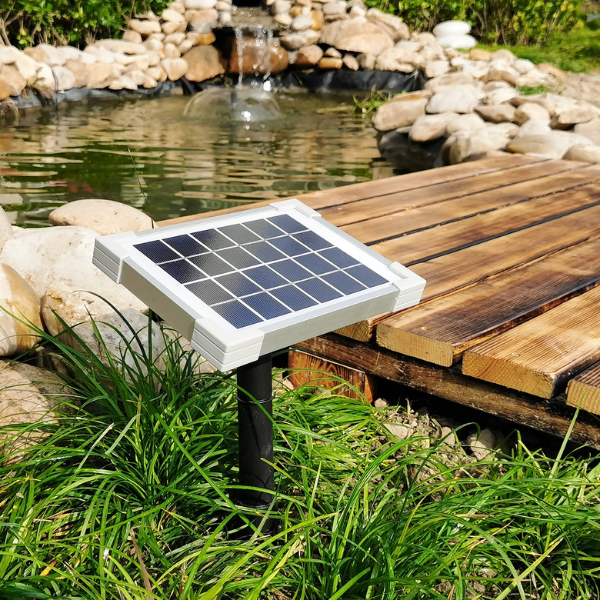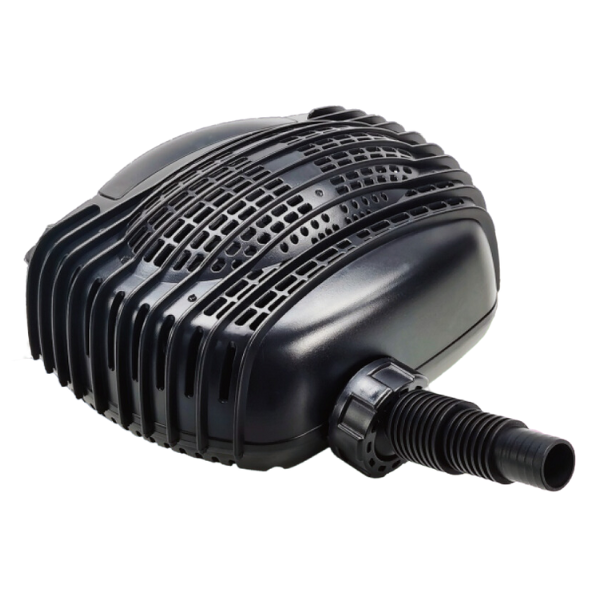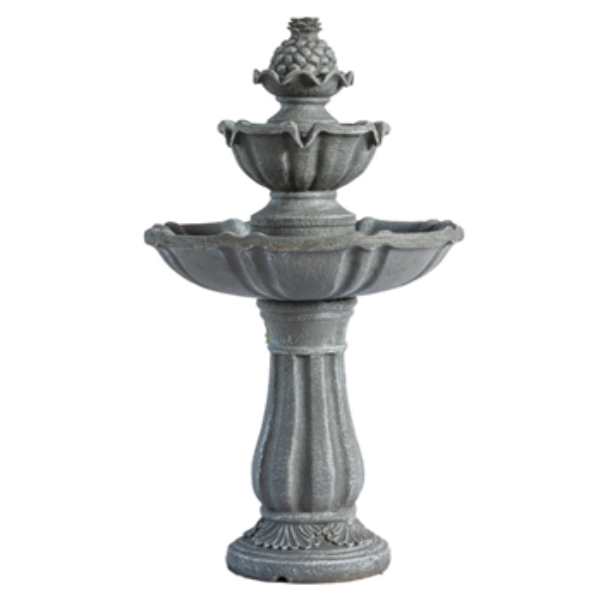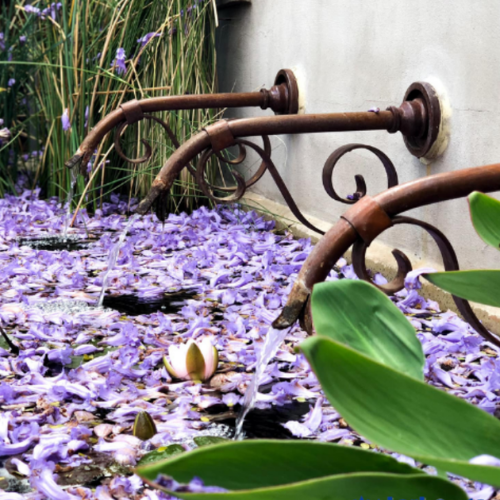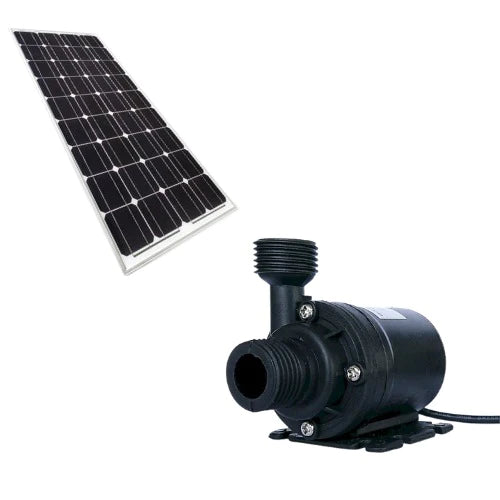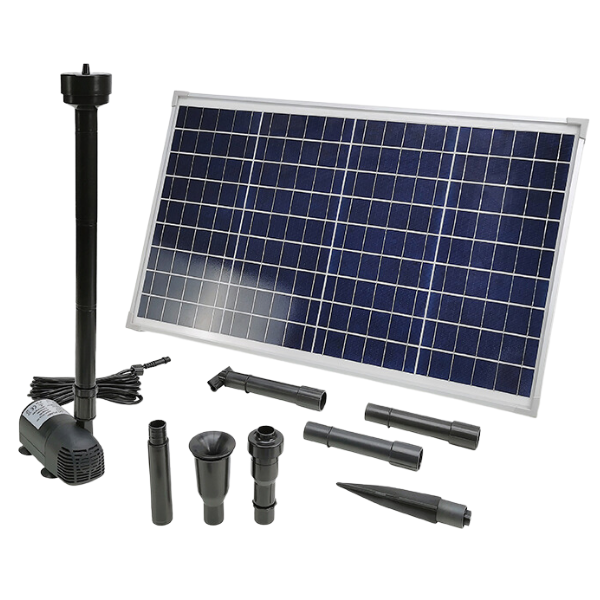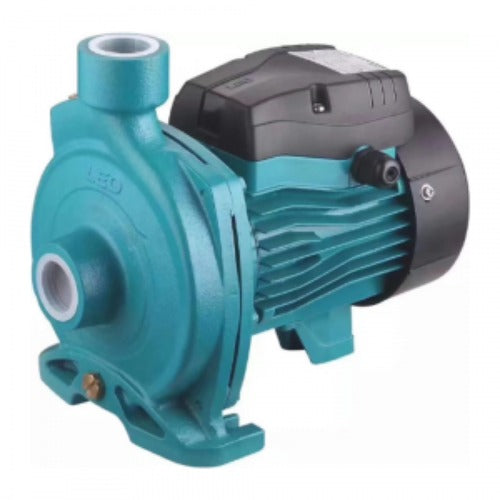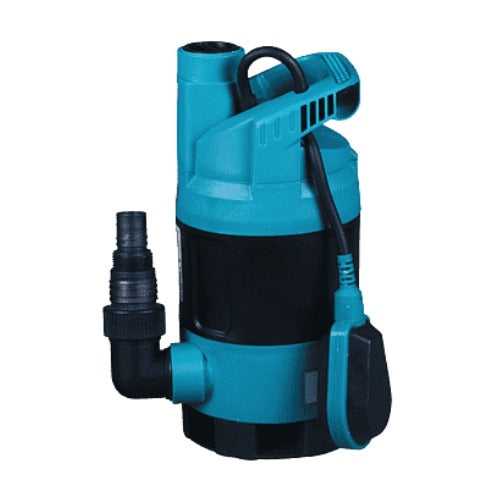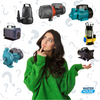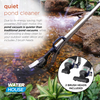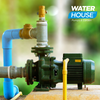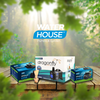WHAT IS A WATER BOOSTER PUMP?
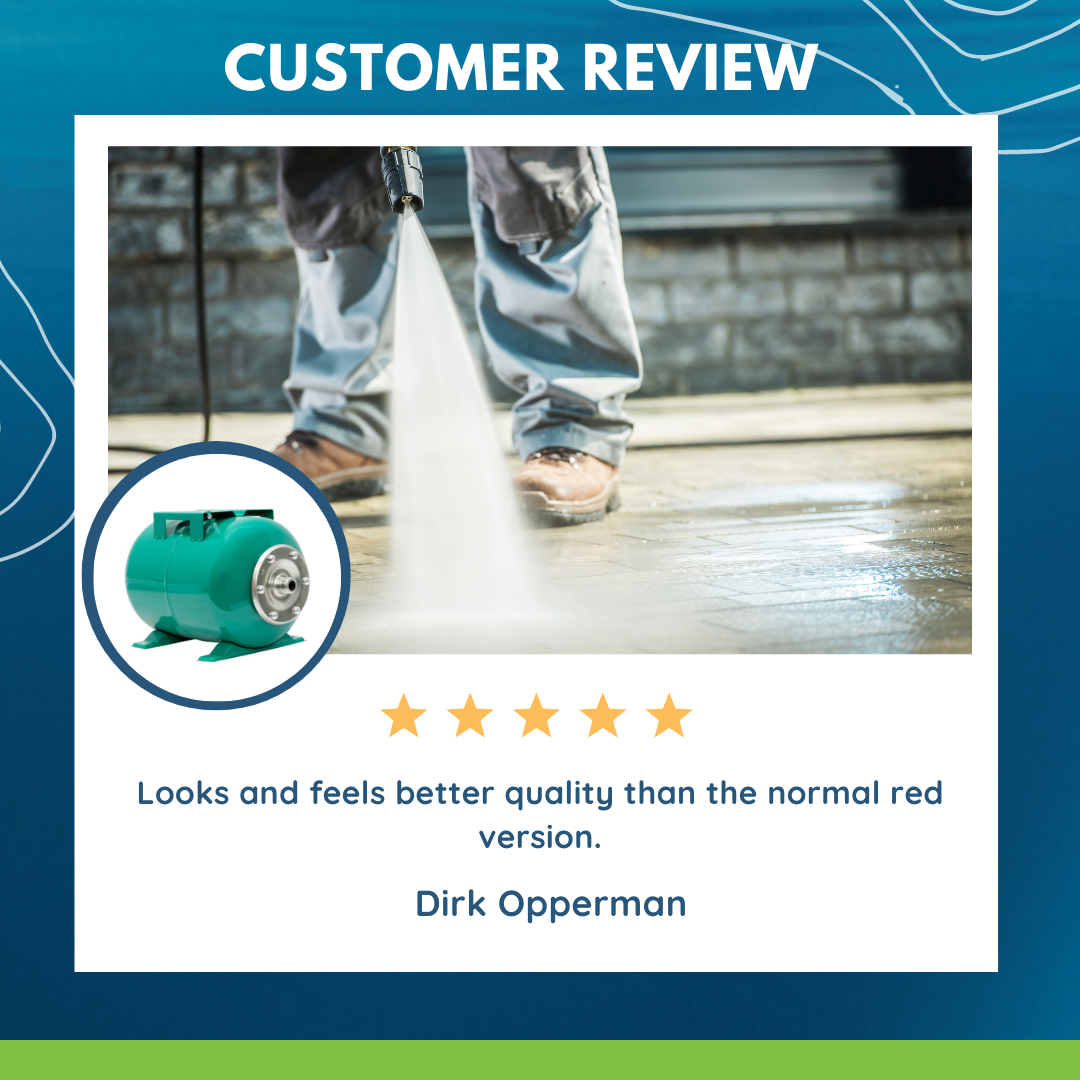
A water booster pump helps increase the pressure and volume of water that flows from your faucet or shower head.
Life with low water pressure is a nuisance. If you’ve ever tried to shower under a trickle of water and had to turn in circles just to get wet, then you’re well aware. Low water pressure can make simple tasks like bathing or brushing your teeth a hassle, but a booster pump may be the perfect solution. Below you can find information about what a booster pump is, how it works, how to size one, and the best booster pumps for your application.

What causes low water pressure?
- Gravity
Gravity either drives or slows water flow. The higher the elevation where water must be delivered, the lower the water pressure. Not to mention, one gallon of water weighs over 8kg. If water travels uphill or up several floors, gravity wants to send it right back down. Buildings lower than their water source may not experience the same problem. Skyscrapers, apartment buildings, and homes and businesses with multiple stories require a large booster pump to move water up many stories.
- Distance from the water source
Distance from the water source and the size of water pipes affects water pressure. If your home or business sits at the end of the water supply line, the flow of water might be low by the time it reaches you. And, if your water pipes are too small, a smaller amount of water will run through your fixtures.
- Low city water pressure
Your house may be below the water supply line, your plumbing pipes may be clear, and you still have low water pressure. Sometimes low water flow results from low-pressure water from your local water plant.
How does a booster pump work?
A booster pump boosts water pressure and, in many cases, improves the flow rate. A booster pump works just like a fan. A fan has blades that spin around to increase air movement, and a booster pump has an impeller inside that increases water flow and pressure in the same fashion.
What are the components of a booster pump?
Most water booster pump, no matter who the manufacturer contain the same core components:
- Motor
- Impellers
- Inlet and outlet
- Pressure or flow sensing device
Booster pumps have an impeller that moves water that comes in through the inlet and exits through the outlet. A motor makes the impellers spin. Booster pumps differ according to how they suck water in and push it out. Some water booster pumps use a spinning propeller, while others use an oscillating diaphragm. Pumps with oscillating diaphragms propel water using two oscillating or rotating plates— one with cups and one with indentations. As the plates roll together, they compress the cups and force the water out. As the plates roll open, more water is sucked in.
Tips for installing a booster pump
Where to install a booster pump
Instal your booster pump right where you need to move water from. For example, in a household with low water pressure, you should install the pump on the main line where water enters the house. Plug the inlet in and then the outlet goes to the back to the plumbing supply.
- Always have a bypass in case the pump malfunctions. A bypass allows you to isolate the pump if it fails and you need to troubleshoot it. You can bypass the pump and still get water into the house.
- Test the pump before connecting it to the house. Sometimes, a leak may cause the pump to cycle due to low flow rate. Cycling causes the pump to start and stop in rapid succession.
- Water booster pumps are activated by flow rate or by pressure or by both. If you find a leak, then isolate the pump and test it to make sure the pump’s not the problem. Then, you can find the cause and fix the leak.
Purchase our range of high quality booster pumps
Article provided by Waterhouse & Fresh water system
For more information contact us on 011 466 8250

